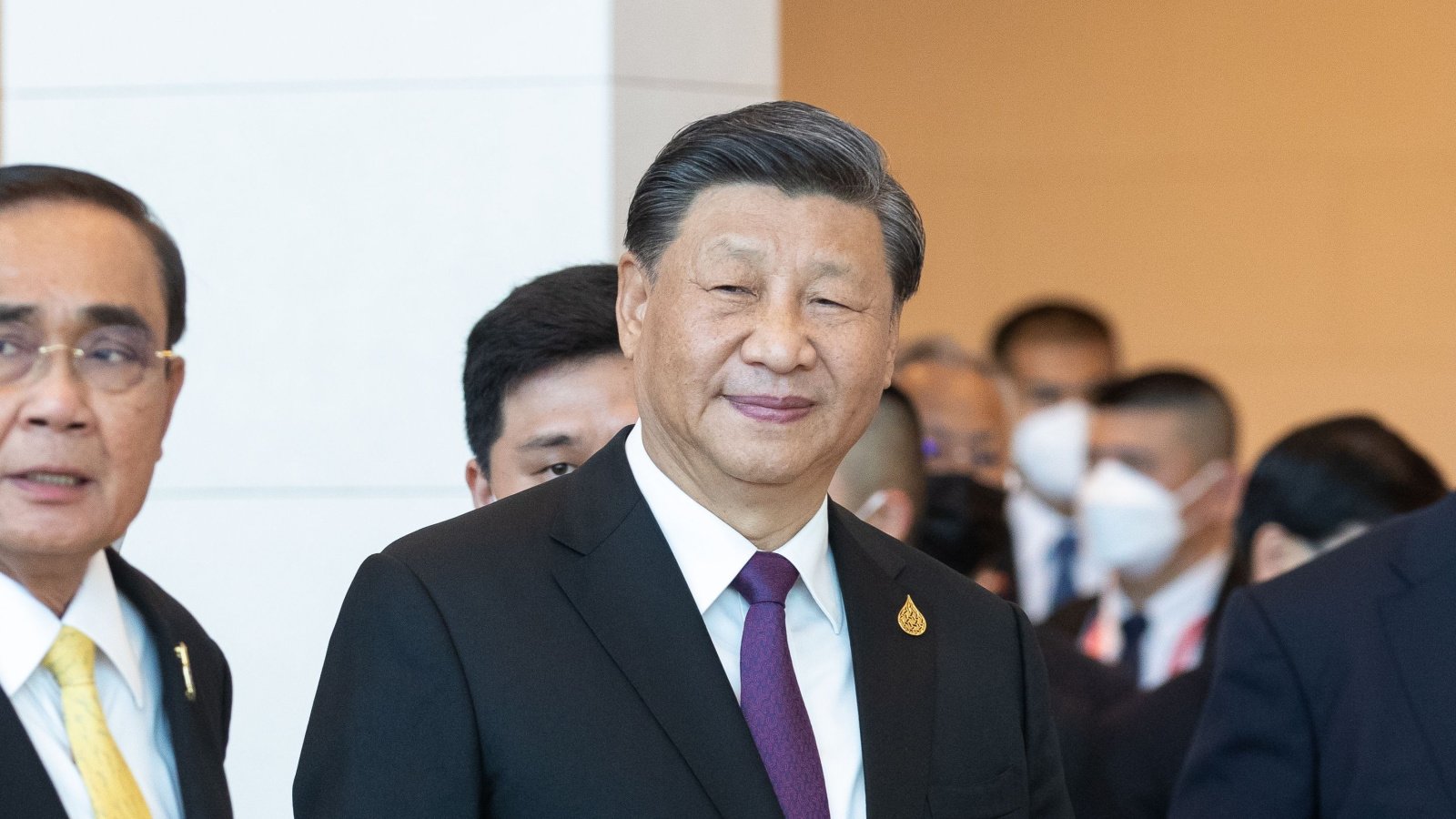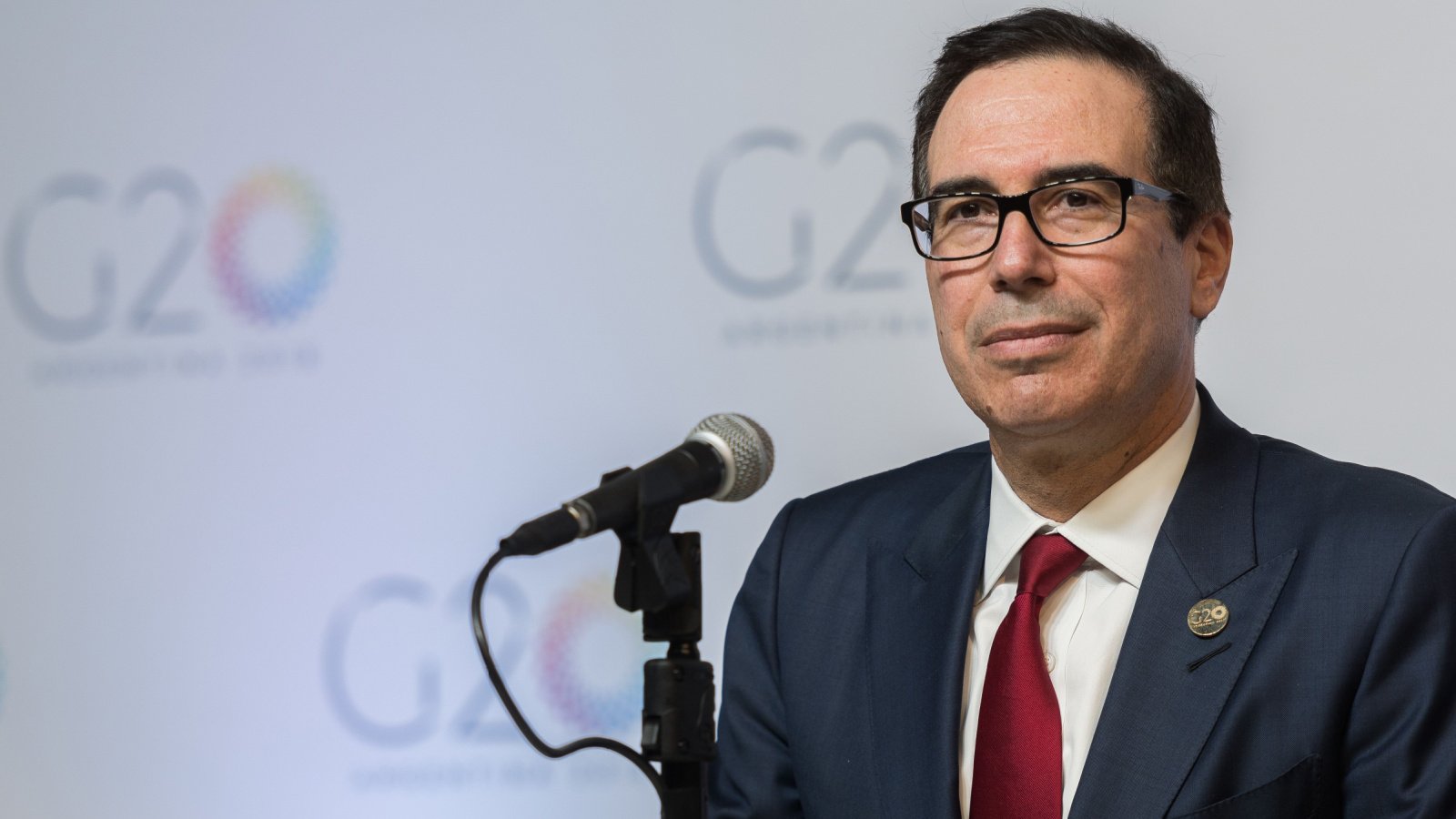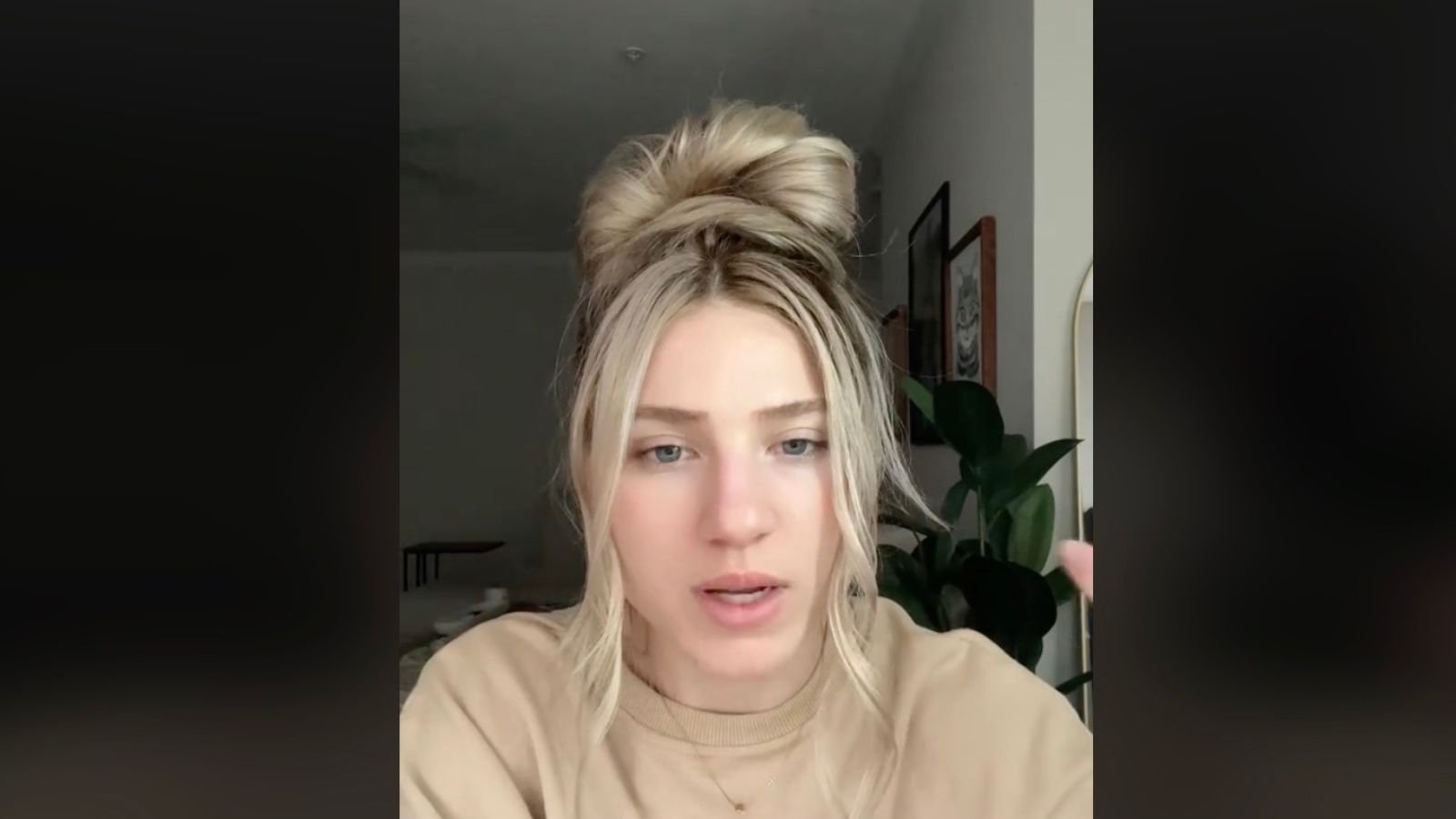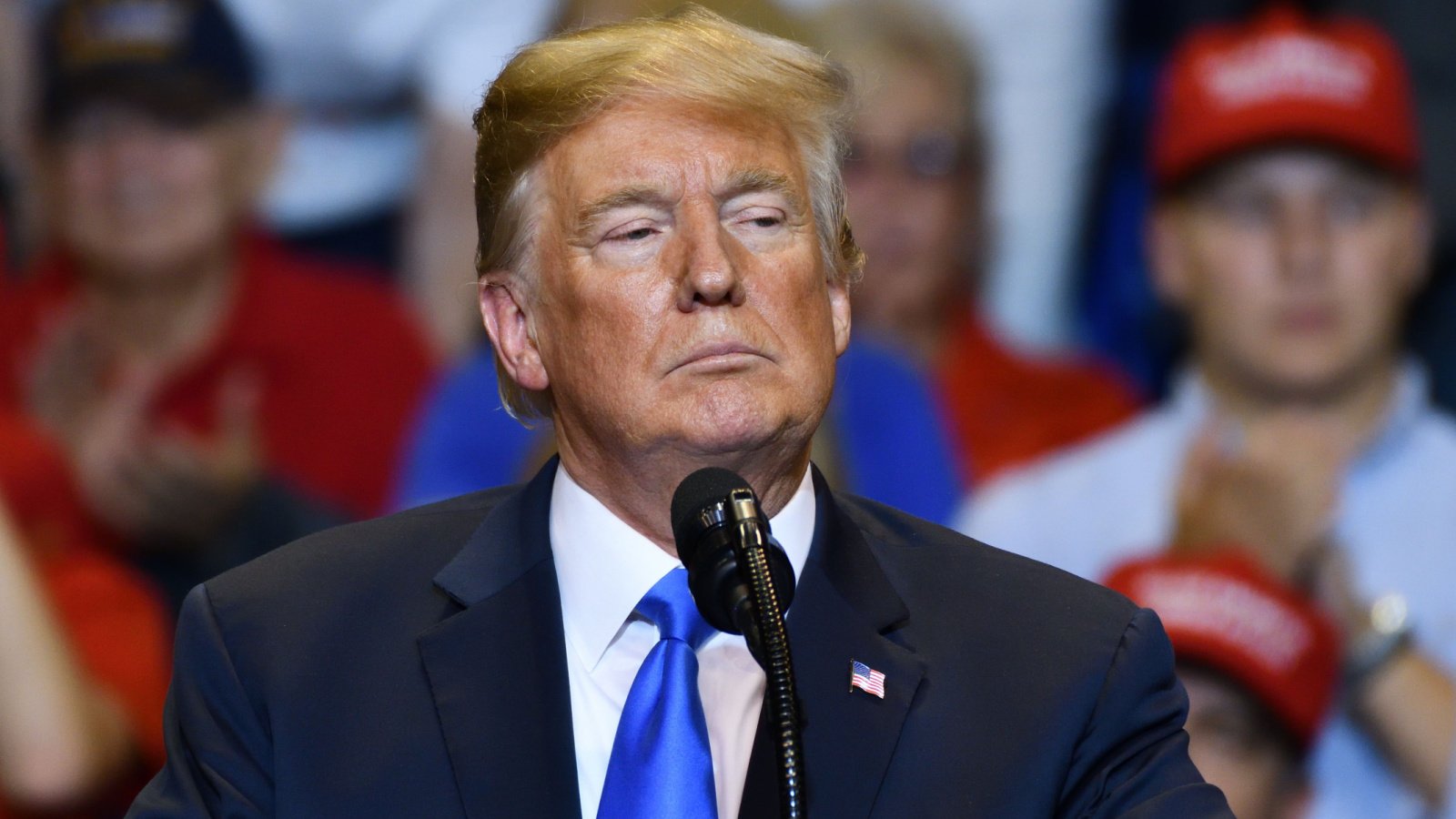In perhaps the most youthful grassroots activism campaign ever, thousands of TikTok enthusiasts have taken to the phones, reaching out to their Congressional representatives, primed by their favored app. Their plea is simple yet urgent: to vote against a piece of legislation that could see their beloved app, TikTok, banned in the United States due to its Chinese ties. TikTok Has over 170 million users in the U.S. alone, and its parent company ByteDance is linked to the Chinese Communist Party.
Bipartisan Efforts for a Solution

The heart of this issue lies with a bipartisan bill, the Protecting Americans from Foreign Adversary Controlled Applications Act, aimed at mitigating potential threats posed by TikTok’s tangential association with China. Members of both parties on the China Select Committee are advocating for legislation that would necessitate ByteDance to divest its shares in TikTok, under threat of a ban. ByteDance is the parent company to TikTok, and ByteDance has close ties to the Chinese Communist Party.
The Bill’s Progress and Support

The Energy and Commerce Committee recently moved forward with the bill after a rare classified hearing on TikTok’s threats. The bill enjoys support from notable figures including President Biden and Speaker Mike Johnson, passing the committee with unanimous approval.
National Security Concerns
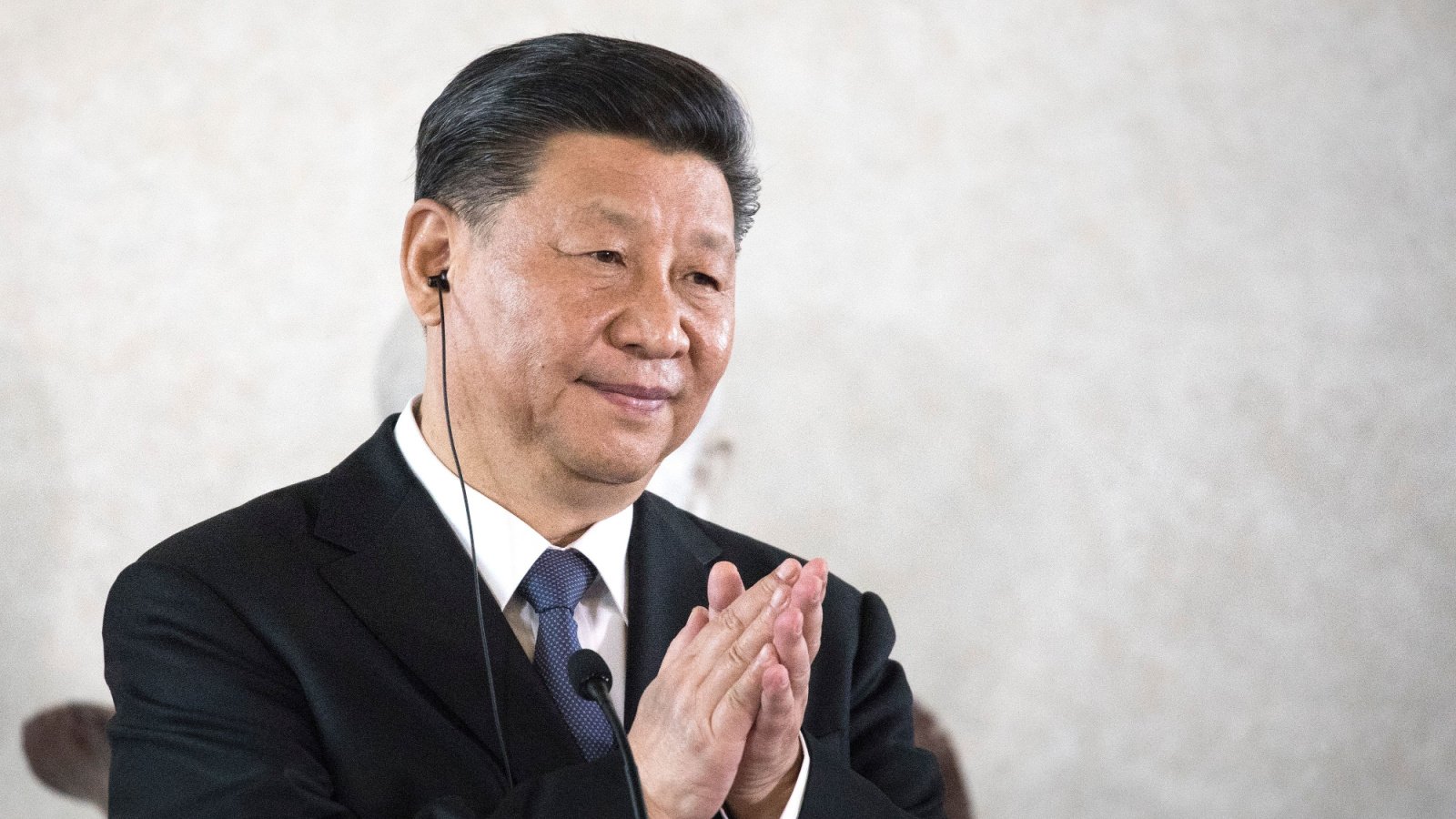
The proposed legislation aims to address broader national security concerns, with accusations from the House China Select Committee about the Chinese Communist Party’s use of TikTok for espionage and influencing operations. This highlights the geopolitical implications of the debate surrounding the app.
Future of TikTok in the U.S.

As the bill progresses, TikTok has criticized it for potentially infringing on Americans’ rights to free expression and impacting businesses and creators nationwide. However, committee members have clarified that the bill is not an outright ban but a measure to safeguard against foreign influence and protect national security. The situation remains fluid, with the potential impact on TikTok’s future in the U.S. being closely watched by millions.
Clarifying the Bill’s Intentions
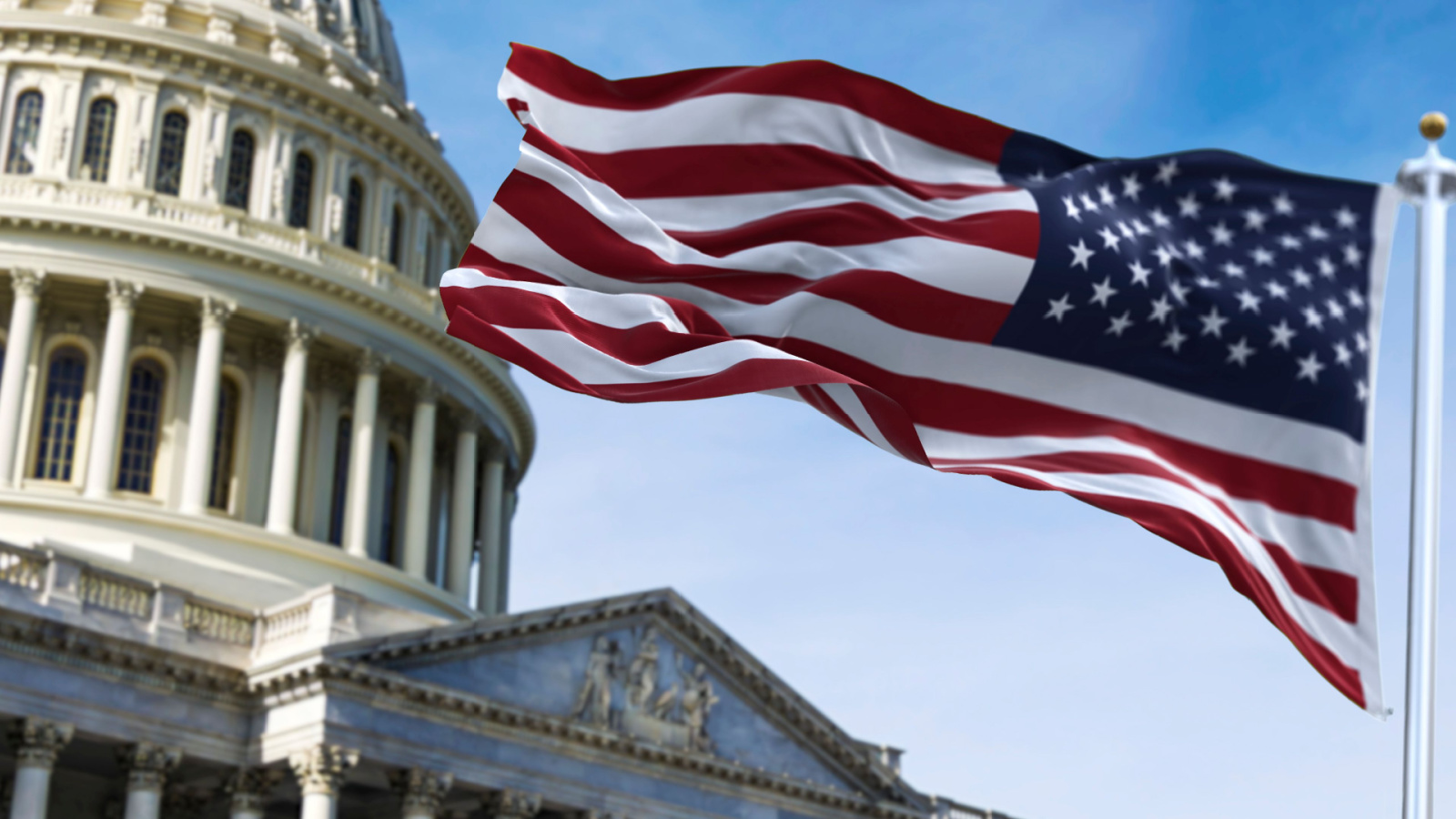
Rep. Mike Gallagher, a co-sponsor of the bill, emphasized that the legislation seeks to enforce a divestiture, not an outright ban. This distinction aims to address concerns about TikTok’s connections to the Chinese Communist Party and its implications for national security, framing the platform’s future in the U.S. as a matter of corporate governance rather than censorship.
The Road Ahead for the Bill

The Protecting Americans from Foreign Adversary Controlled Applications Act faces a challenging path forward. Despite garnering bipartisan support and moving quickly through legislative channels, the bill confronts political, legal, and practical obstacles, including opposition from China and the daunting financial implications of a TikTok divestiture
International and Legal Challenges
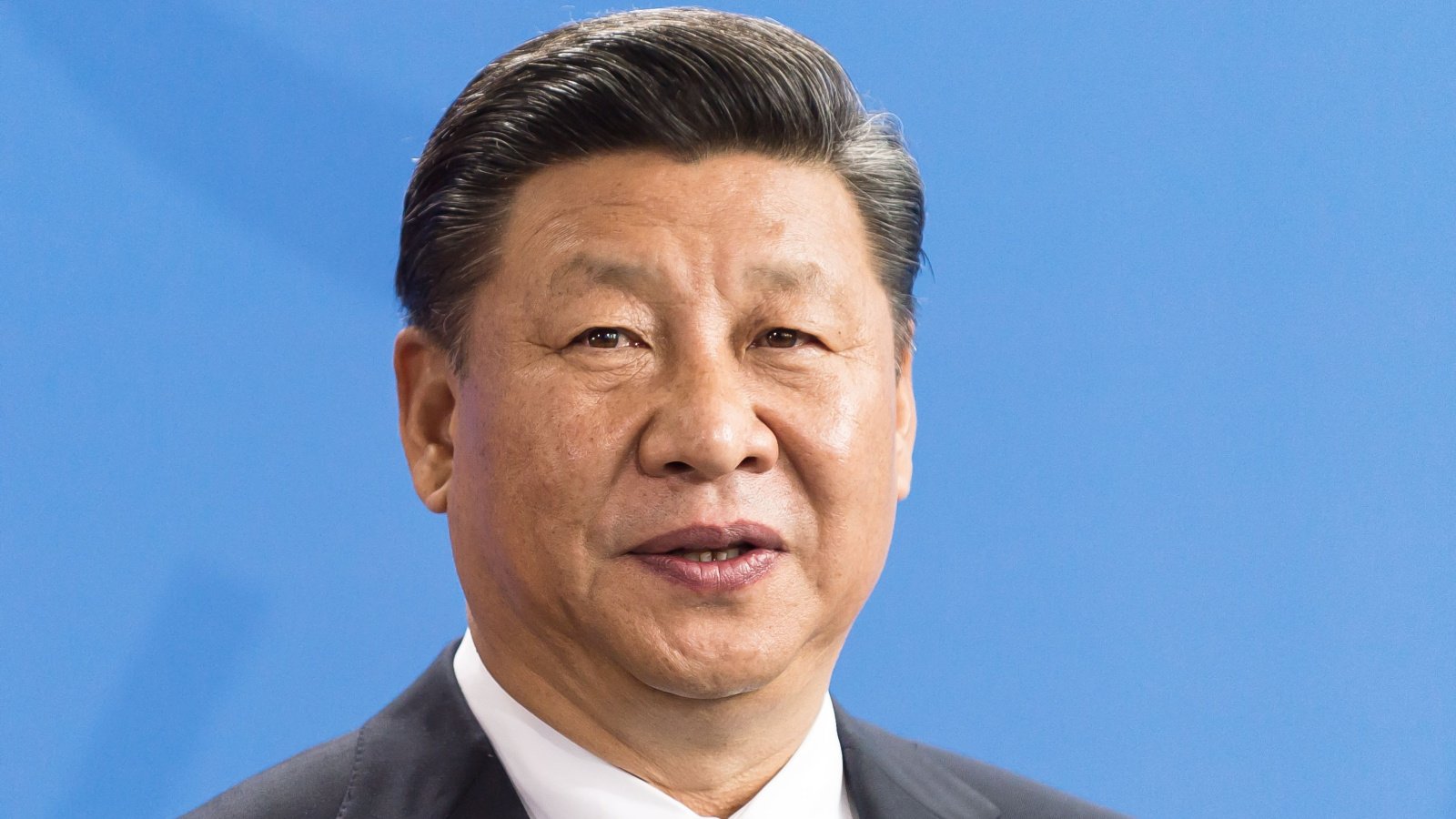
The bill’s progression has sparked international controversy, with China voicing firm opposition to any forced sale of TikTok. The debate extends beyond the U.S., touching on broader issues of digital sovereignty, global technology competition, and the rights of companies in the face of national security concerns.
White House Position as a TikTok User

The Biden administration finds itself in a delicate position, with the National Security Council endorsing the bill as a step toward addressing security risks, while the White House engages with TikTok influencers for its own communications efforts. This dual approach illustrates the complex interplay between security concerns and the practical uses of social media in political and public engagement.
TikTok’s Response

In light of these events, a spokesperson from TikTok confirmed that the app had sent notifications to users aged 18 and above, informing them of the situation and encouraging them to take action by contacting their Congress members.
Mobilization Through the App
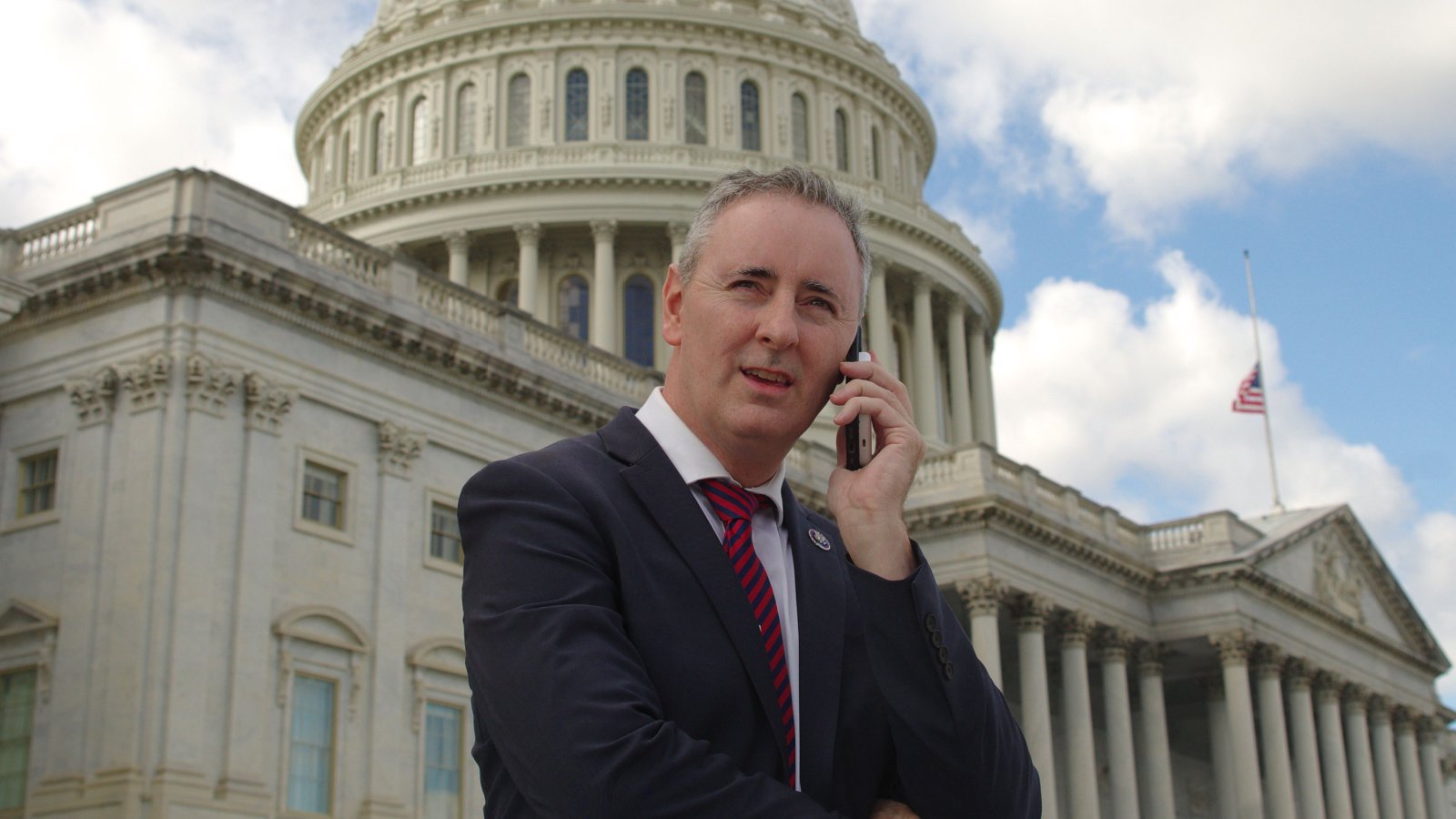
Republicans attribute the flood of calls to TikTok’s strategic lobbying. The app reportedly prompts users to call their local Congress member, leveraging the user’s zip code for localization. This push for engagement is seen as a direct response to the threatened legislation.
TikTok CEO’s Congressional Appearance
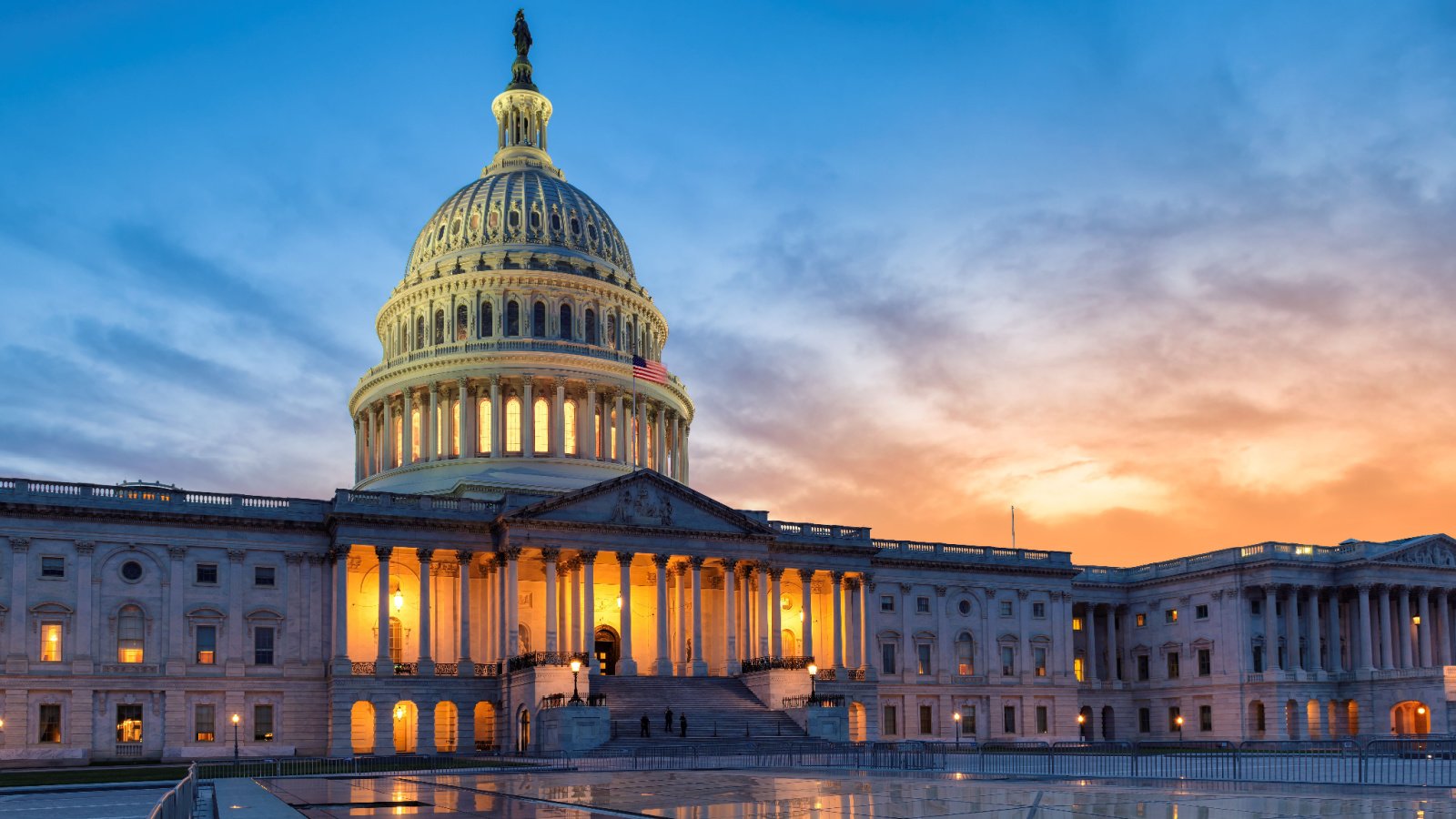
Amid these developments, TikTok CEO Shou Zi Chew appeared before Congress in January, signaling the seriousness with which these concerns are being addressed at the highest levels of government.
Unrelenting Phone Campaign

The call campaign has been described as relentless, with one staffer noting that all four lines of their office were ringing nonstop. The diversity of callers, including young students and unexpectedly large numbers of adult men, has been a source of surprise for many.
Explaining the Chinese Connection
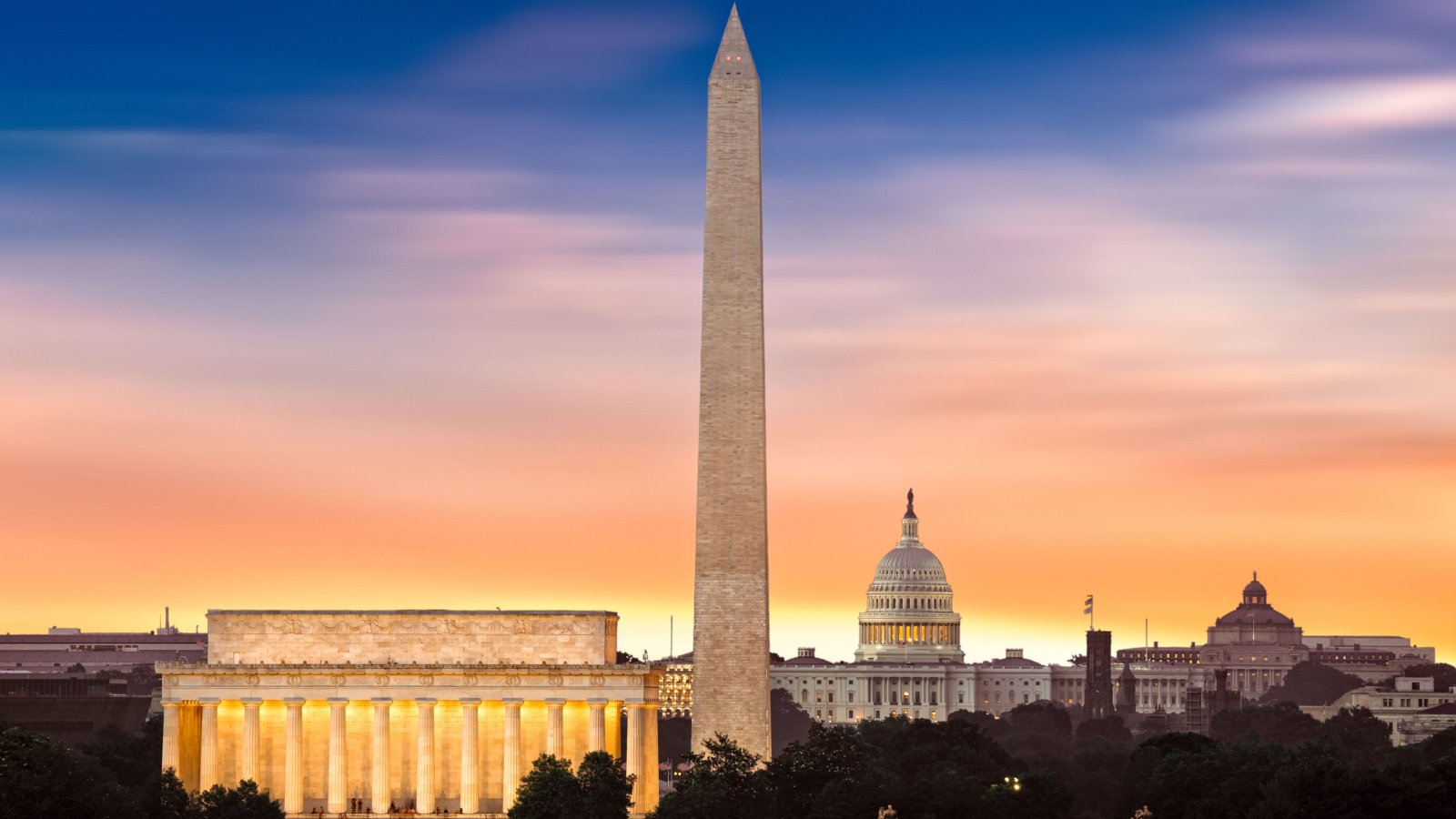
While many callers were initially unaware of TikTok’s connections to China, staff members have found that most are open to learning about the issue once it is explained to them. This educational aspect of the calls suggests a potential for increased awareness and understanding among the app’s user base.



